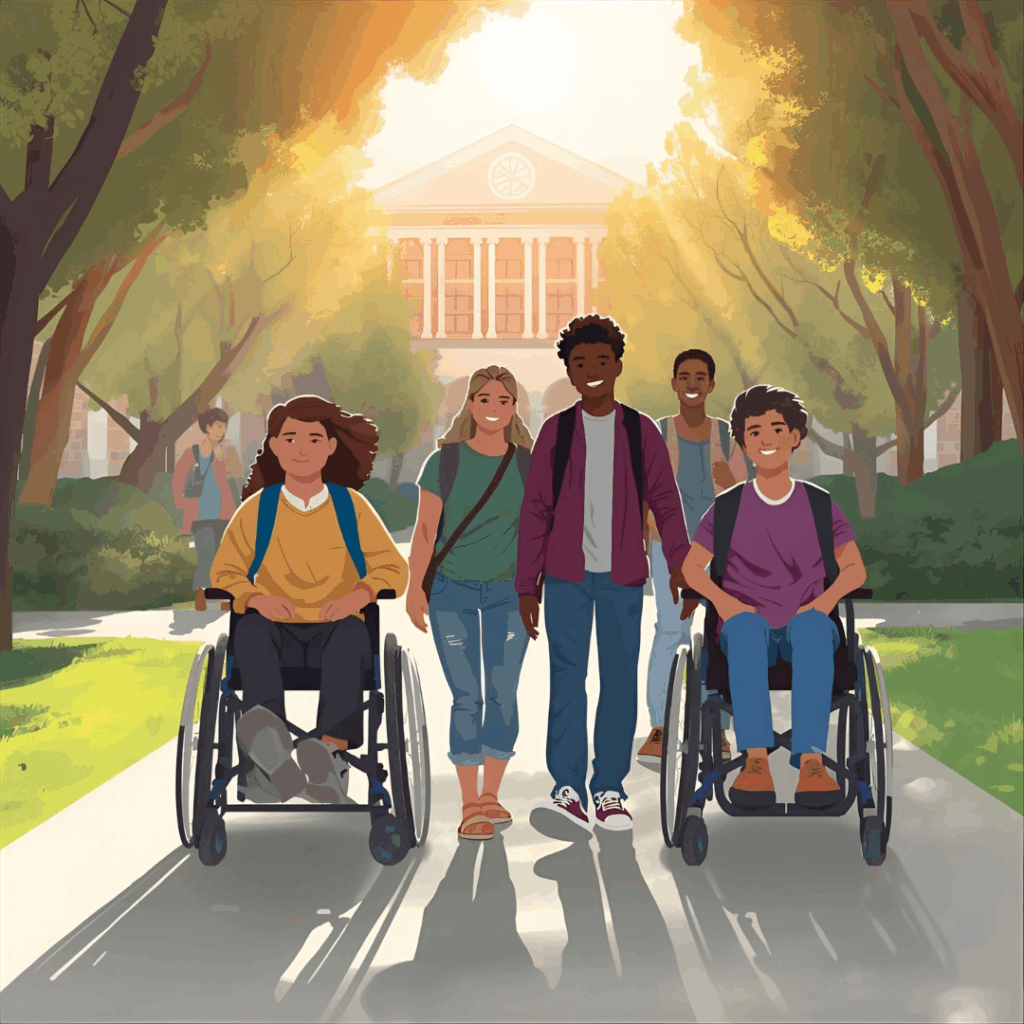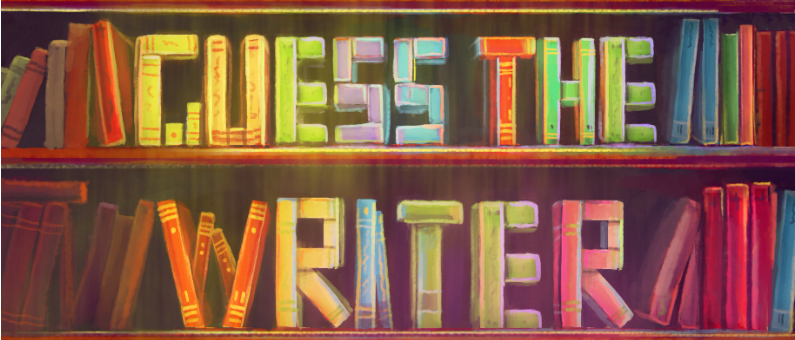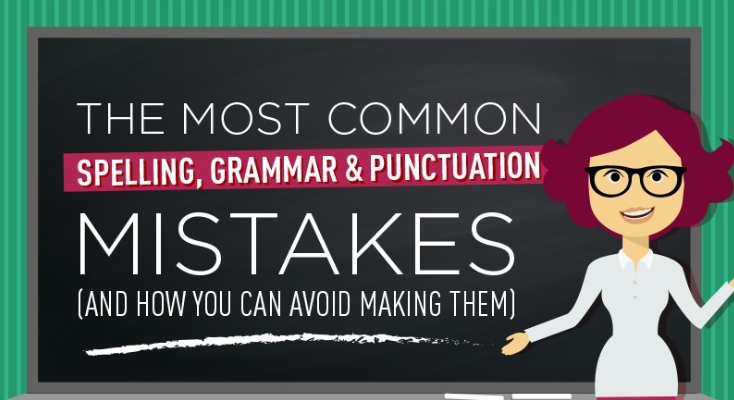Choosing a college is a major life decision for any student, but for those with disabilities, the process involves extra layers of consideration. It’s not just about finding a school with the right academic programs or a vibrant campus life; it’s about finding an environment that offers the right support, resources, and community to ensure you can thrive. The good news is that with the right preparation and research, you can find a college that feels like a perfect fit.
This guide will walk you through the essential steps for students with disabilities to find a college that meets their unique needs. We’ll explore how to identify your specific requirements, what to look for in campus support services, and how to evaluate a college’s accessibility and culture. We will cover financial aid opportunities for common learning disabilities, the importance of self-advocacy, and tips for parents and families supporting their students. By the end, you’ll have a clear roadmap for navigating the college search process with confidence.
Understanding the Needs of Students with Disabilities
The first step in the college search process is a thorough self-assessment. Every student’s needs are unique, and understanding yours is crucial to finding a college where you will be successful. Start by thinking about the accommodations and support you currently use in high school. What has worked well for you? What hasn’t?
Consider these key areas:
- Academic Needs: Do you require additional time for tests, note-takers, assistive technology, or preferential seating? Think about the specific learning environment where you perform best. When writing feels overwhelming, you can buy college essay from trusted services to get professional examples, save time, and focus on your strengths — just be sure to use them as learning tools and always submit your own original work.
- Physical Needs: If you have a physical disability, evaluate the campus layout. Are the buildings accessible? Is accessible transportation available? Think about your housing needs, such as having a ground-floor room or a private bathroom.
- Medical Needs: Do you need regular access to medical facilities, specialists, or a pharmacy? Consider the proximity of the college to healthcare providers and whether the campus health services can meet your needs.
- Social and Emotional Needs: College is a time of significant transition. Think about the support systems that help you manage stress and anxiety. Do you benefit from utilizing counseling services, support groups, or a strong peer mentor program?
Creating a detailed list of your needs will serve as a checklist when you start researching and visiting colleges. This isn’t about limiting your options; it’s about empowering yourself with the information needed to make an informed choice.
What Are Some Learning Disabilities?
Learning disabilities are neurological conditions that affect how the brain processes information. It’s important to remember that these are not a reflection of a person’s intelligence. With the right strategies and support, students with learning disabilities can still excel academically. A common question is, “Can learning disabilities be cured?” While they are lifelong conditions, their impact can be successfully managed with tailored support and accommodations.
Here is a list of learning disabilities that are frequently seen in educational settings:
- Dyslexia: This is one of the most common learning disabilities and primarily affects reading. Students with dyslexia may have trouble with decoding words, reading fluency, spelling, and recognizing words.
- Dysgraphia: This disability impacts a person’s ability to write. It can manifest as messy handwriting, difficulty with spelling, and trouble organizing their thoughts on paper.
- Dyscalculia: Students with dyscalculia struggle with mathematical concepts. This can include difficulty understanding numbers, learning how to manipulate numbers, and memorizing math facts.
- Auditory Processing Disorder (APD): This condition makes it hard to understand what people are saying. Students with APD are able to hear, but their brains have trouble processing the sounds they receive.
- Language Processing Disorder: A subset of APD, this disorder specifically affects the processing of spoken language, making it difficult to attach meaning to word groups that form sentences and stories.
- Non-Verbal Learning Disabilities (NVLD): This disability is characterized by challenges with visual-spatial, intuitive, organizational, and evaluative processing functions. Students may struggle with social cues and abstract concepts.
- ADHD (Attention-Deficit/Hyperactivity Disorder): While not technically a learning disability, ADHD is often discussed alongside them because it significantly impacts learning, often affecting attention, focus, and impulse control.
Understanding the specifics of your disability is the first step toward advocating for the resources you need to succeed.
Colleges for Students with Learning Disabilities
While federal law requires all colleges to provide reasonable accommodations, some institutions go above and beyond. These schools offer comprehensive, structured programs designed to provide an extra layer of support.
These programs often feature:
- Dedicated Learning Specialists: Professionals who work one-on-one with students to develop individualized learning strategies.
- Writing Support: Access to trained tutors or an essay writing service to help structure ideas, improve grammar, and meet deadlines — especially helpful for students with dysgraphia or executive function challenges.
- Executive Function Coaching: Support with cultivating time management, organization, and planning skills.
- Assistive Technology Labs: Access to the latest software and hardware to support learning.
- Specialized Tutoring: Tutors trained in teaching students with disabilities and specific subject areas.
Colleges with these robust programs include places like the University of Arizona’s SALT Center, Beacon College in Florida (which exclusively serves students with learning disabilities), and the University of Denver, which has its own Learning Effectiveness Program. These programs often come with an additional fee, but for many students, the investment provides the structured support necessary for a successful college transition.
However, a specialized program isn’t the only option. Many students with disabilities thrive at traditional colleges by leveraging the standard disability support services offered. The key is finding a college where the mental health support services are well-funded, well-staffed, and genuinely committed to student success.
How to Evaluate Colleges for Students with Learning Disabilities
Once you have a shortlist of schools for students with learning disabilities, it’s time to dig deeper.
- Visit the Campus: If possible, visit in person. Pay attention to the physical accessibility of the campus. Are there ramps, elevators, and accessible pathways? Try to navigate between a potential dorm room, a classroom building, and the dining hall.
- Meet with the Disability Services Office: Schedule a meeting with a staff member from the DSO. This is your opportunity to ask specific questions about the accommodations process and the support available. Bring your list of needs and discuss how the college can meet them.
- Connect with Current Students: Ask the DSO if they can connect you with current students with disabilities. Hearing about their firsthand experiences can provide invaluable insight into the campus culture and the quality of support.
- Review the College’s Policies: Look for the college’s commitment to diversity and inclusion. Does it have a clear non-discrimination policy that includes disability?
Financial Aid and Scholarships
Financing a college education is a concern for many families. Fortunately, there are numerous financial aid and scholarship opportunities specifically for students with disabilities.
- Federal Financial Aid: Start by filling out the Free Application for Federal Student Aid (FAFSA). This determines your eligibility for federal grants, loans, and work-study programs.
- State Vocational Rehabilitation (VR) Services: Every state has a VR agency that can help individuals with disabilities prepare for and find employment. These services may include funding for college tuition, books, and assistive technology.
- Disability-Specific Scholarships: Many organizations offer scholarships for students with specific disabilities. Websites like Scholarship.com, Fastweb, and the American Association on Health and Disability (AAHD) have searchable databases of these opportunities.
- College-Specific Scholarships: Check with the financial aid offices of the colleges you are interested in. Many have their own scholarships for students with disabilities.
Building Self-Advocacy and Independence
College is a time for growth and independence, and for students with disabilities, this includes developing strong self-advocacy skills. Unlike in high school, where parents and teachers often drive the accommodation process, in college, the responsibility falls squarely on the student’s shoulders.
Here’s how to build these crucial skills:
- Understand Your Disability and Needs: Be able to clearly articulate the nature of your disability and the specific accommodations that will help you succeed.
- Know Your Rights: Familiarize yourself with the Americans with Disabilities Act (ADA) and Section 504 of the Rehabilitation Act, which protect your right to reasonable accommodations.
- Practice Communicating with Professors: You will be responsible for providing your professors with your accommodation letter from the DSO each semester. Practice discussing your needs clearly and respectfully.
Tips for Parents and Families
The role of a parent changes when a student goes to college. Here’s how you can best support your student during this transition:
- Encourage Self-Advocacy: While it may be tempting to handle everything for them, it’s essential to let your student take the lead in communicating with the college and advocating for their needs.
- Be a Coach, Not a Manager: Support them from the sidelines. Help them practice what they will say to professors or the DSO, but let them have the conversations themselves.
- Understand FERPA: The Family Educational Rights and Privacy Act (FERPA) protects the privacy of student education records. Once your student turns 18 or starts attending a postsecondary institution, you no longer have automatic access to their grades or disability-related information unless they sign a waiver.
Your Path to Success
Finding the right college is a journey of self-discovery and careful research. For students with disabilities, this process requires an extra level of planning, but it is entirely achievable. By understanding your needs, exploring your options, and learning to advocate for yourself, you can find an institution that not only accommodates you but also empowers you to reach your full potential. Start your research, ask questions, and take the first step toward an exciting and successful college experience.








